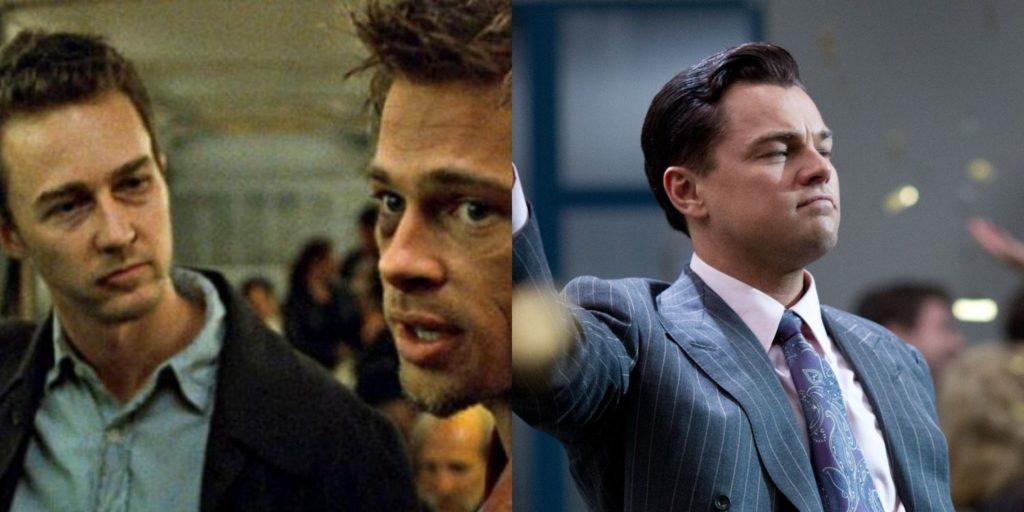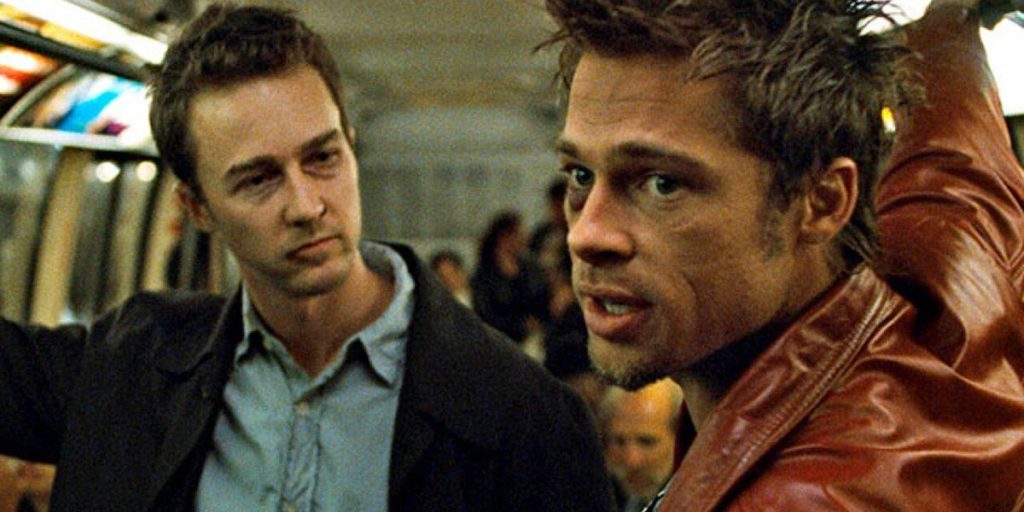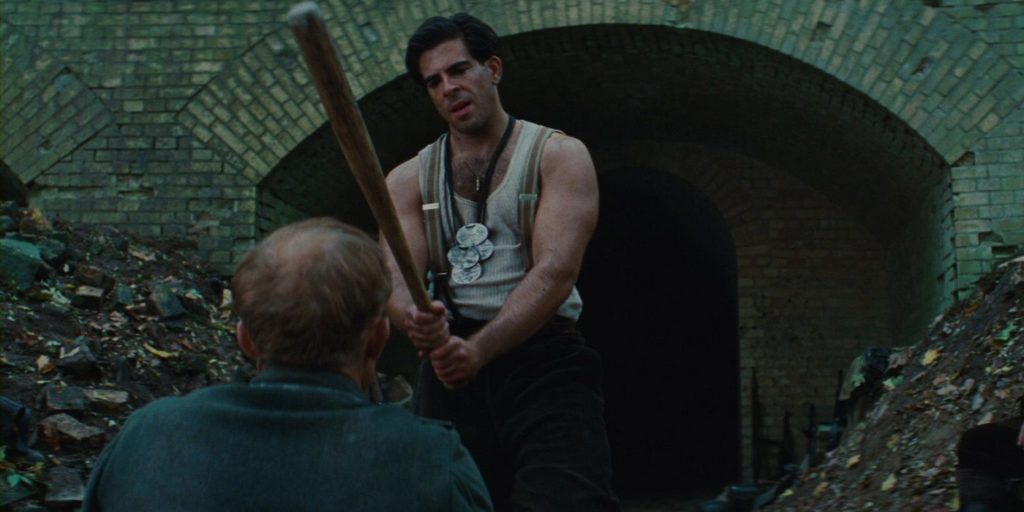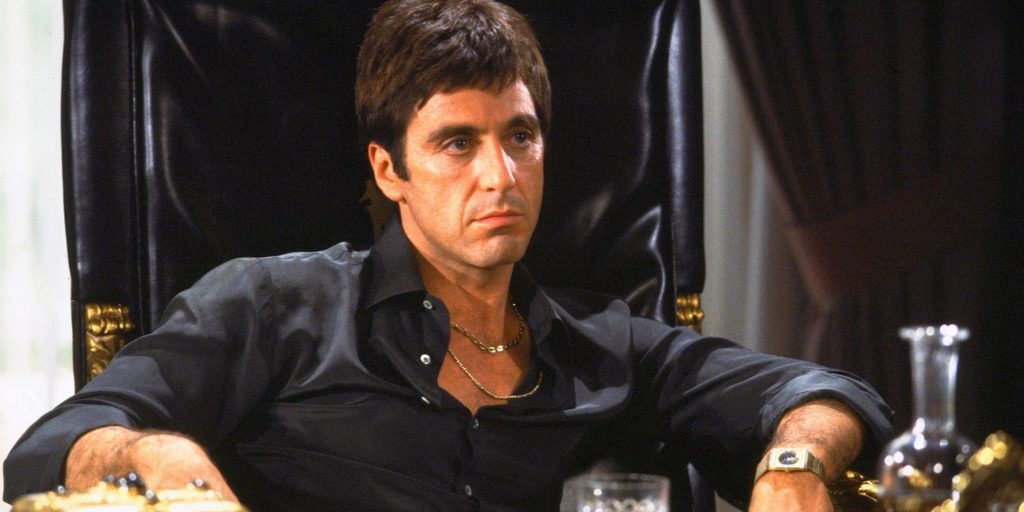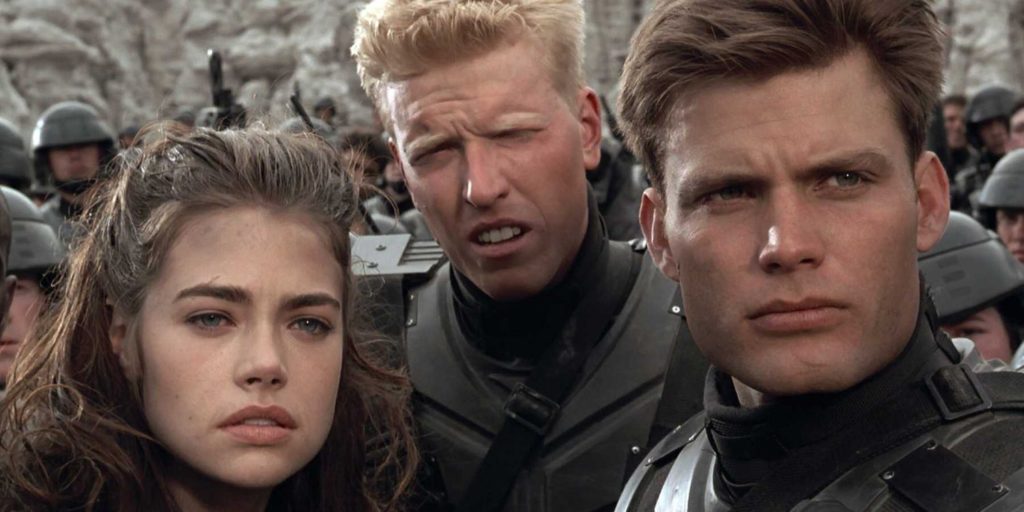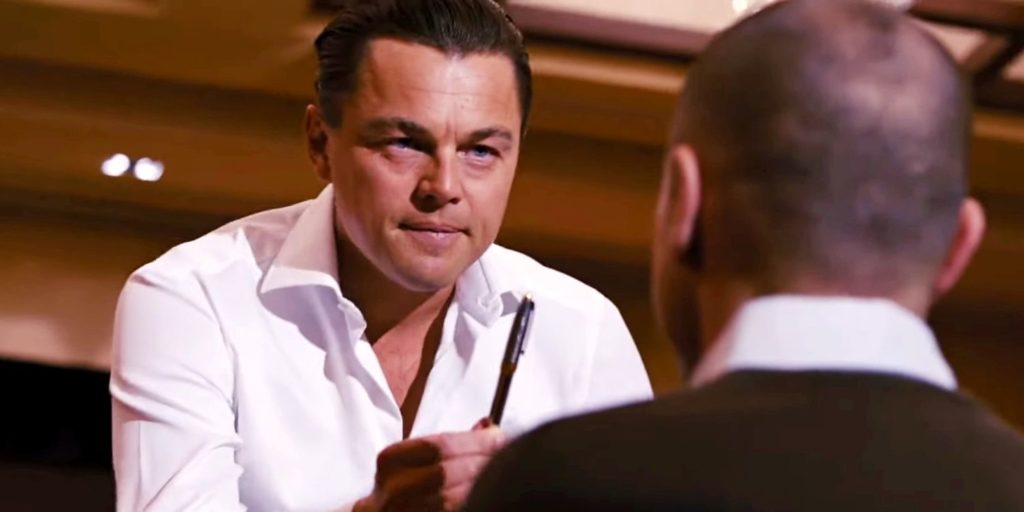Zack Snyder referred to Sucker Punch as his most misunderstood film, and Rian Johnson is still defending his portrayal of Luke Skywalker in The Last Jedi from earlier this year, so it’s obvious that directors all over the world worry about not communicating their genuine intentions to audiences.
While some films, like The Last Jedi, are rejected by an audience that refuses to understand the motivation behind the choices taken, other films, like Fight Club and The Wolf of Wall Street, purposely hide their underlying message beneath a lot of flair and danger in order to deceive the audience. Reddit users believe that these films should be reevaluated since they enjoy learning the underlying motivation behind excellent films.
127 Hours (2010)
127 Hours, one of the best travel films based on a true incident, depicts the now-famous tale of a climber who becomes imprisoned by a rock and must take extraordinary measures to survive. Some people would interpret Danny Boyle’s personal survival film as a tale of amazing bravery and tenacity, but one Redditor believes that’s not the essential point.
The movie is a “cautionary tale about being that one cocky young guy who doesn’t inform anyone where he’s going,” according to their description. In fact, the character had time to think back on his error in not taking the right safeguards before leaving in the film. Although it may be a remarkable story of survival against all circumstances, the film urges viewers to stay away from it.
500 Days of Summer (2009)
In order to present a genuinely engaging rom-com, 500 Days of Summer, starring Joseph Gordon-Levitt as a man revisiting his memories of a broken love, cleverly used a non-linear plot. One of the complaints of the film was its emphasis on the male lead, but Redditor realyak thinks that’s missing the point.
The movie, according to critics, “is not about a girl who crushed a guy’s heart,” but rather “is about a guy who ignored everything the girl said and couldn’t understand why it didn’t work out.” Gordon-Levitt has essentially validated this theory; according to CinemaBlend, the actor has given his personal approval to the notion that Tom is the film’s antagonist.
Fight Club (1999)
Fight Club is frequently included in talks of misunderstood films since it has hordes of admirers who adore its brutally nihilistic view of the world. As a result of their disagreement about whether the morality of its main character were being praised or criticised, critics of David Fincher’s film about disillusioned individuals finding a terrible outlet for their rage were likewise divided.
One fan, Redditor Nixon74, expressed frustration at seeing young guys love the movie for the wrong reasons since “Tyler isn’t some great character” and the film “clearly presents his ideology as [being] [being] [being] [being] [being] [being] self-defeating.” The movie is well-made enough that this misinterpretation doesn’t spoil it entirely, but it’s noteworthy for how much of a fandom has grown up around the misinterpretation.
Inglourious Basterds (2009)
Inglourious Basterds is a masterpiece of cinema, even in comparison to Quentin Tarantino’s other films, and features some outstanding performances from its cast. Though some criticised the overly stylized action and the way that violence always ends up solving the plot’s problems, this was mainly considered as a criticism of an otherwise excellent film.
There’s more to it, in the opinion of Redditor awills, who goes so far as to call it a “deconstruction of American World War 2 movies” rather than just a “revenge dream.” Even if the audience is encouraged to cheer for violent acts carried out against the film’s villains without considering their moral ramifications, this is undoubtedly part of the film’s critique of the genre.
Into The Wild (2007)
Adapted from the life story of a man who trekked across North America and into the wilderness of Alaska, Into The Wild won praise from critics for its compelling character study and Emile Hirsch’s portrayal of the lead. Many people related to the main character’s quest for a more solitary and nomadic existence.
Anyone who leaves the movie feeling envy of the lead character, according to Redditor ImADude13, has missed the point because even the movie’s hero “realises that all of the beautiful things that happened in his journey happened with other people, not with nature.” One may argue that Into The Wild presents one of the finest arguments for why people need one another.
Scarface (1983)
It’s natural that, despite his obvious shortcomings, Tony Montana from the film Scarface is viewed by most as the movie’s hero because it’s sometimes perceived as a celebration of violence and excess. Although Omegaterra, a Redditor, believes Montana is far from a heroic hero, it is true that his charisma, as evidenced by the character’s famous remarks, makes him an appealing main character.
Tony is a tragedy, not a hero, it is said, and anyone who believes otherwise is forgetting “the second half of the movie.” It’s understandable why some people chose to ignore the character’s struggles with addiction and the damage they caused to his relationships with the few people who didn’t betray him.
Star Wars: The Last Jedi (2017)
Even though The Last Jedi’s satirical title has drawn attention, few people bothered to watch the film before discarding it because of its attempt to defy expectations, which earned it a 42% audience rating on Rotten Tomatoes when it was first released. Some Star Wars enthusiasts believed that the film’s message to “let go of the past” was addressed specifically to them.
This reading of the film, according to Redditor CaughttheDarkness, is “absolutely wrong,” noting that “the character who says it is the villain.” Rey and Luke are simply smart enough to not let the past define them, which is a far more subtle message than the film’s critics give it credit for, whereas Kylo Ren becomes engrossed in his fruitless effort to destroy the past.
Starship Troopers (1997)
Even though Paul Verhoeven’s sci-fi war film has developed a cult following, it’s safe to say that both unfavourable reviewers and uninterested viewers completely misinterpreted it when it first came out. ObtuseOblong, a Redditor, believes there is still a lot of confusion about the film, which was meant to be a satire of gullible military patriotism.
They claim that instead, “people love it as a lazy/cheesy action fest” due to its visual effects, stiff acting, and strange presentation that was inspired by military propaganda. The film is filled with excessive gore and senseless violence, which makes it entertaining to watch from that angle but lessens the impact of the message, which is nevertheless very pertinent.
Taxi Driver (1976)
Travis Bickle, the fascinating anti-hero of Scorsese’s Taxi Driver, is one of Robert De Niro’s best performances in the director’s movies. The movie depicts him as a very broken individual who is frantically seeking some sort of forgiveness as a Vietnam veteran, and Redditor whiteyak41 believes that too many people fail to notice this.
They believe that despite his violent past and the fact that he is a “wacko who came this close to assassinating a Senator,” “most people tend to consider Travis Bickle as some sort of bad-ass vigilante.” Anyone watching the movie critically for the first time would probably be in for a pretty huge shock because of the pervasive image of Bickle as a cool guy in popular culture.
The Wolf Of Wall Street (2013)
The Wolf of Wall Street won praise for its elegant telling of the true tale of stockbrokers trying to profit from the widespread wrongdoing on Wall Street. However, movie did arouse some ire for its ethically dubious representation of the events that even glamorised Jordan Belfort’s lifestyle excesses and “shrewd” attempt to game the system.
This is a huge misconception, according to Reddit user Trumbo_, who claims that “Scorsese didn’t praise his rise, he instead shows him as horrible and sad.” It’s questionable whether this contradicts the overall image of the character as just a cunning hustler, even though the last scene does appear to hold a mirror up to the viewers who had grown to respect Belfort.

